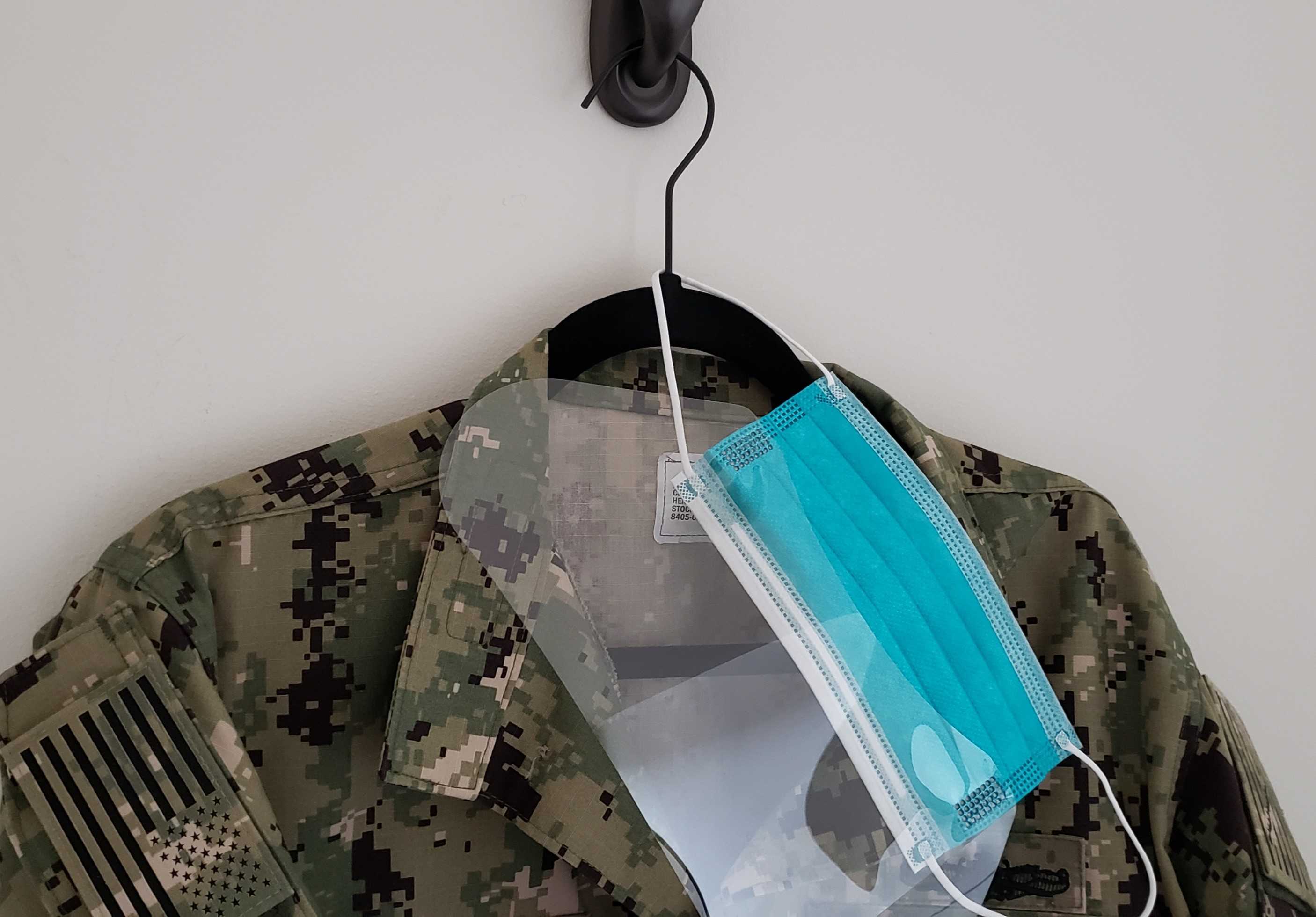
During his daily press briefing on 4/2/2020, President Trump announced that he had directed the Department of Veterans Affairs to offer relief to Veterans during the coronavirus pandemic in two significant ways. The first step will be to halt collection of debts owed to the VA during the crisis. The second step will be extend deadlines for benefits applications. While the details have not been announced, this move is likely to allow Veterans more time to appeal decisions.
While a Veteran normally only has one year to appeal a rating decision (to either file a Notice of Disagreement under the legacy system or choose one of the three lanes under the AMA system), this will likely extend that timeline out further. It is also likely to impact the deadlines for filing a Form 9 or appealing a Board decision to the Court of Appeals for Veterans Claims. Part of the reasoning for the extension was that it is difficult for Veterans to meet with legal representatives amid quarantine regulations.
The move comes after congressional representatives have been calling for more action to aid Veterans during the COVID-19 crisis. Senator Jerry Moran (R-Kansas) and Senator Jon Tester (D-Montana) wrote a letter to VA Secretary Robert Wilkie on March 31st asking him to consider several changes that could help Veterans who are seeking VA disability benefits. The letter noted that the VA has authority under the Code of Federal Regulations to “extend evidence filing deadlines for good cause,” and gave several reasons why the pandemic would hamper the ability of Veterans to meet the standard deadlines.
Specifically, Moran and Tester recommended that the VA:
Trump appeared to have agreed with the sentiment, instructing Secretary Wilkie to use “any authority at his disposal” to aid Veterans dealing with benefits and collections problems. We will be watching for an official announcement from the VA to see the extent at which they plan to follow this guidance.
Meanwhile, we have seen the VA Regional Offices continue to issue Rating Decisions at the normal rate while trying to keep service as normal as possible. Some hearings have been postponed while many have simply moved to videoconference. Our clients are also reporting that their C&P exams are still taking place, and regular disability payments and backpayments continue to be distributed.
According to the VA’s Office of Emergency Management, they have already activated an emergency management coordination cell (EMCC) and have started to implement an aggressive and collaborative public health response to protect and care for Veterans during COVID-19. We will continue monitoring the VA’s response to this unprecedented situation and track how changes will impact our clients and all of our fellow Veterans.
Our monthly newsletter features about important and up-to-date veterans' law news, keeping you informed about the changes that matter.